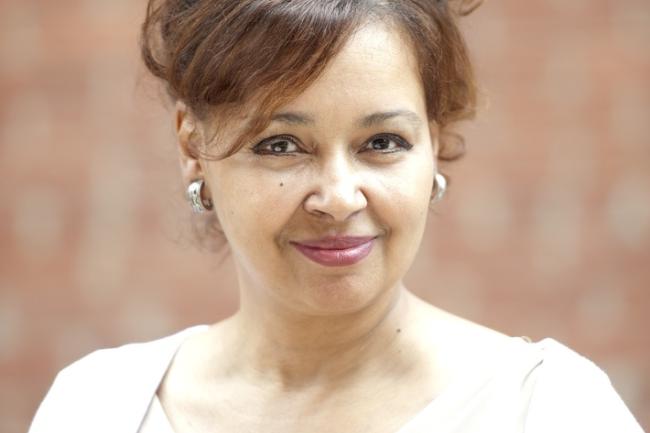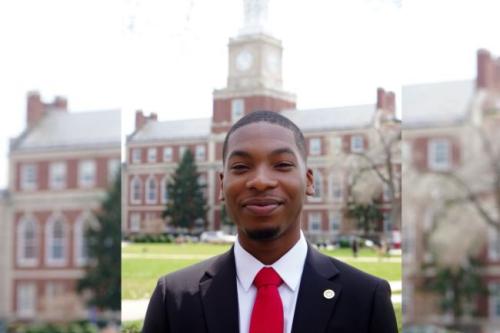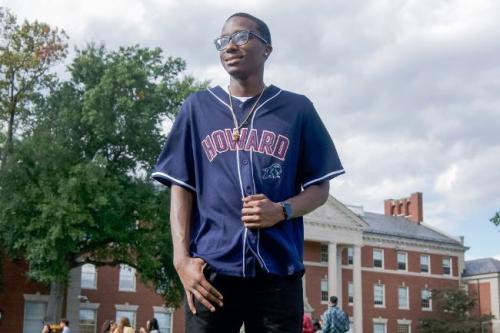Professor Helen Bond, PhD, talks about how education and preventing violent extremism enables sustainability.
Professor Helen Bond, PhD, is currently co-chair of the Sustainable Development Solutions Network (SDSN)-USA, an organ of the United Nations. (President Frederick serves on the Leadership Council of SDSN-USA.) Her work with SDSN-USA ties with Howard’s mission of empowering students toward creating a sustainable and equitable future, with K-12 teachers being a critical component in helping youth envision such a future.
Q: What are you working on right now?
A: My research focuses on using education as a tool to prevent violent extremism (PVE-E) and education for sustainable development (ESD). PVE-E equips learners with the knowledge, skills and dispositions to think critically and act responsibly. ESD empowers people to use these skills to work towards a sustainable future. Violent extremism undermines peace and sustainable development.
Q: What are some publications and materials you developed to equip teachers?
A: I single authored the United Nations Educational, Scientific and Cultural Organization (UNESCO) publication, “Teacher’s Guide on the Prevention of Violent Extremism,” which was the first contribution to the implementation of the U.N. Secretary-General’s Plan of Action to Prevent Violent Extremism, announced in January 2016.
I also developed an educational board game, Labyrinth, with funding from the United Nations Office of Drugs and Crime (UNODC) in Vienna to help educate learners about radicalization. The game incorporates the Sustainable Development Goals (SDGs) that were adopted by United Nations Member States in 2015. The game and instructional book are featured on UNODC’s website in multiple languages. I was invited to speak at the 14th United Nations Congress on Crime Prevention in Tokyo in March 2021 which featured the Labyrinth and the Teacher’s Guide on the Prevention of Violent Extremism.
Q: What are some projects you are doing co-chair of SDSN?
A: Projects include co-authoring “Never More Urgent: A Preliminary Review of How the U.S. is Leaving Black, Hispanic and Indigenous Communities Behind” and “Trash Hack Action Learning for Sustainable Development” that will be field tested in the UNESCO Associated Schools Network [around the world]. We are also working on a set of racial indices that will be launched in April that show the extent of who is being left behind in the U.S. as measured by the SDGs.
I am also developing a Working Group on Equity and Justice to explore how the SDGs can be used to understand how structural inequality manifests across various sectors of society.
Q: When people think “sustainability,” they think “environment.” But there is a lot more to creating sustainability beyond just that. Explain how your work relates to this type of sustainability.
A: Sustainable development is the foundation of the United Nations’ agenda. These needs are framed within the 17 SDGs and the Leave No One Behind (LNOB) Agenda. My work intersects with all the Sustainable Development Goals, but I specifically focus on SDG 4 Quality Education and SDG 16 Peace, Justice and Strong Institutions. Sustainable development refers to living in such a way that everyone has an opportunity to thrive, including the planet, and that cannot happen without quality education and a lasting peace.





